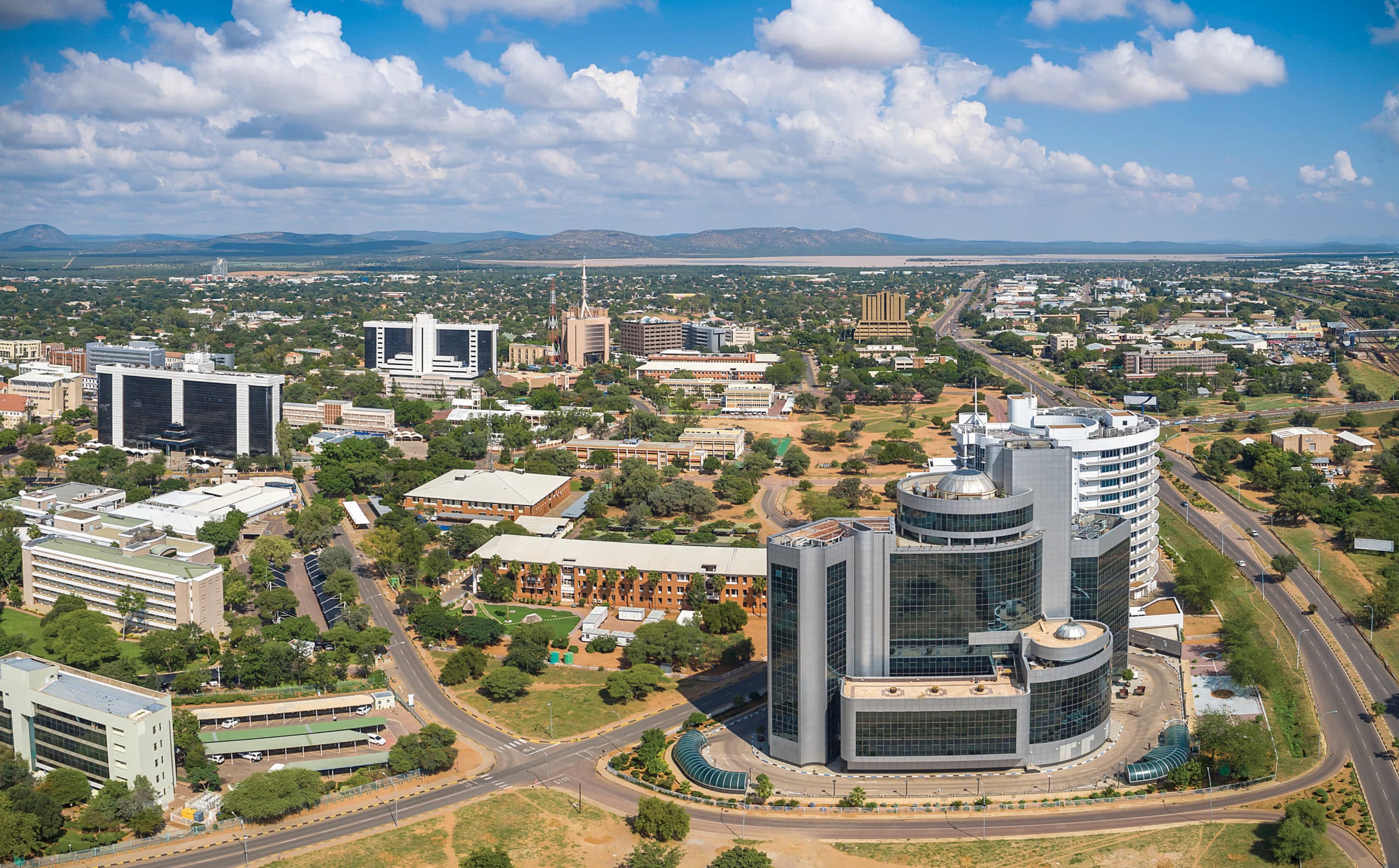Botswana withdraws from hosting UN conference on landlocked developing countries

Botswana has announced that it will no longer host the Third United Nations Conference on Landlocked Developing Countries (LLDCs), which was scheduled to take place from December 10 to 13 in Gaborone.
The Ministry of International Relations confirmed the country’s decision on Thursday, citing a shift in priorities under the new leadership.
Initially, Botswana had agreed to step in as the host nation after Rwanda, the original host, withdrew earlier this year due to logistical challenges.
However, with the recent election of President Duma Boko in October, the government has decided to scale back its spending in order to bolster the country’s financial reserves.
President Boko explained that the decision to withdraw from hosting the event was part of broader efforts to reduce unnecessary expenditures.
He emphasized that the government’s focus would now be on strengthening Botswana’s financial position, ensuring sustainable development, and prioritizing the country’s long-term economic health.
The UN has yet to respond publicly to Botswana’s announcement. The conference, which is still scheduled to take place in December, will continue under new arrangements.
The theme of the conference, “Partnerships: Drivers of Progress,” aims to address the challenges faced by landlocked developing countries and promote international cooperation for their economic development.
Botswana’s withdrawal comes as a significant development for the LLDCs, who rely on international forums like these to advocate for their needs, including better access to global markets, infrastructure development, and support for sustainable development goals.
The decision reflects the growing importance of fiscal responsibility in government priorities, particularly in light of global economic uncertainties.
The move has prompted questions about future UN-hosted events, and the international community will be keen to see how the remaining logistical and diplomatic aspects of the conference are managed in the coming weeks.
About The Author
dailymailafric
I am an avid African news observer, and an active member of Daily Mail Africa.
I’m Passionate about staying informed on diverse topics across the continent,
I actively contribute to publishing on political, economic and cultural developments in Africa.



